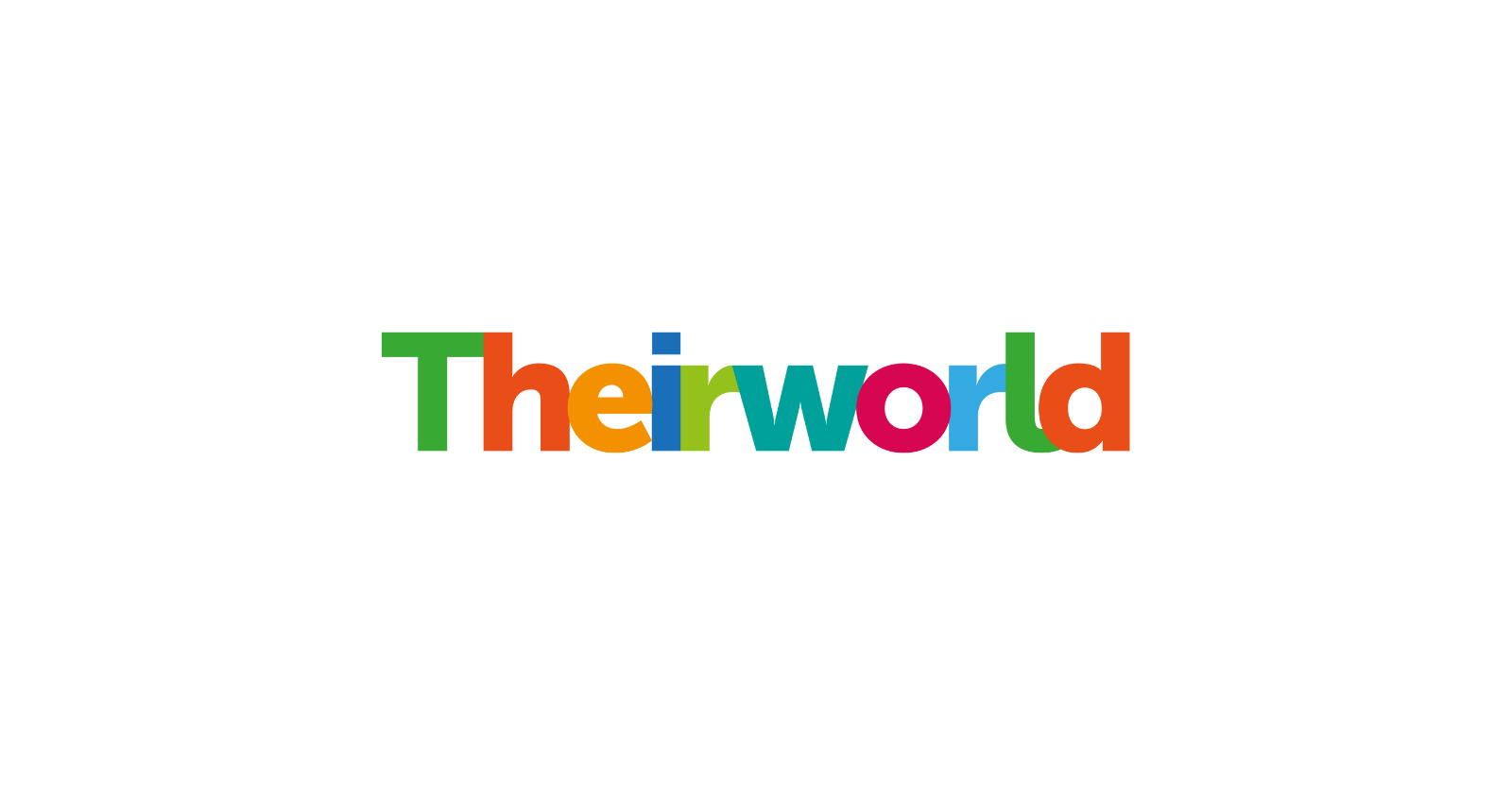
Action needed to help Kenyan children get the best start in life says Theirworld report
Childcare, Early childhood development
A new report from Theirworld and the Kenyan organisation KANCO says almost 40% of Kenyan children aged three and four are not reaching their development cognitive and social emotional milestones.
Kenya has made progress over the past 15 years in improving access to early years care – but more action is needed to ensure every child has the best start in life.
Without it, children from the poorest and most marginalised groups will continue to be left behind their peers and unable to fulfil their potential at work and in the community.
A new report from Theirworld and the Kenyan organisation KANCO says that by the time a child reaches five years old, 90% of their brain has developed – which means the progression from birth to school is the most important time of our lives.
In these early years, the brain forms 700 neural connections per second.
Allan Ragi, Executive Director, KANCO, said: “We need to start with the youngest children, starting right from birth and ensure they receive not only adequate nutrition and health care services but also essential care, pre-primary education, protection and mental stimulation.”

“An estimated 38.3% of Kenyan children aged three and four are not reaching their development cognitive and social emotional milestones, which can hold them back from succeeding in school and reaching their full potential.”
The report – Early Childhood Development in Kenya: Giving Every Child the Best Start in Life – says that poverty, lack of access to services, inadequate resources and violence prevent too many families from being able to provide essential support to their children in the first five years.
The report highlights that early interventions provide the best chance to level the playing field and close ability gaps early on, giving each child an equal chance at success – no matter who they are or where they are born.
The report – which makes 14 recommendations for action – says early childhood development is essential for the health, safety and cognitive development of children under five.
Summary of the findings
Investing in the early years is one of the smartest investments a country can make to break the cycle of poverty, address inequality, and boost productivity later in life.
The recent influential Education Commission report highlighted that “total returns on early education are very high – in some cases up to $7 for every $1 spent – and returns on early nutrition can be many times higher.
The health journal the Lancet calculated the cost of inaction on early childhood development and found that children who do not meet their developmental potential “are likely to forgo about a quarter of average adult income per year, and the cost of inaction to gross domestic product can be double what some countries currently spend on health.”
Far more resources are urgently needed in every sector to begin to scale up basic services for children and mothers.
All sectors must prioritise developing ECD-specific targets and plans at both the county and national levels and include clear, costed budget line items so that significant increases in financing for early years services can be prioritised and new and additional resources can be accessed.
KANCO is a national membership network of NGOs, federal business opportunities, private sector actors and learning institutions involved in or that have an interest in HIV/AIDs, TB and other public health care concerns.
KANCO implements different programmes – including early childhood development that seeks to enhance quality early interventions for children.

Early childhood development
This report was made possible thanks to the generous support from Conrad N Hilton Foundation to support early childhood development for vulnerable children, especially those impacted by HIV/AIDs.
More news

MyBestStart programme gives young girls the education they deserve
